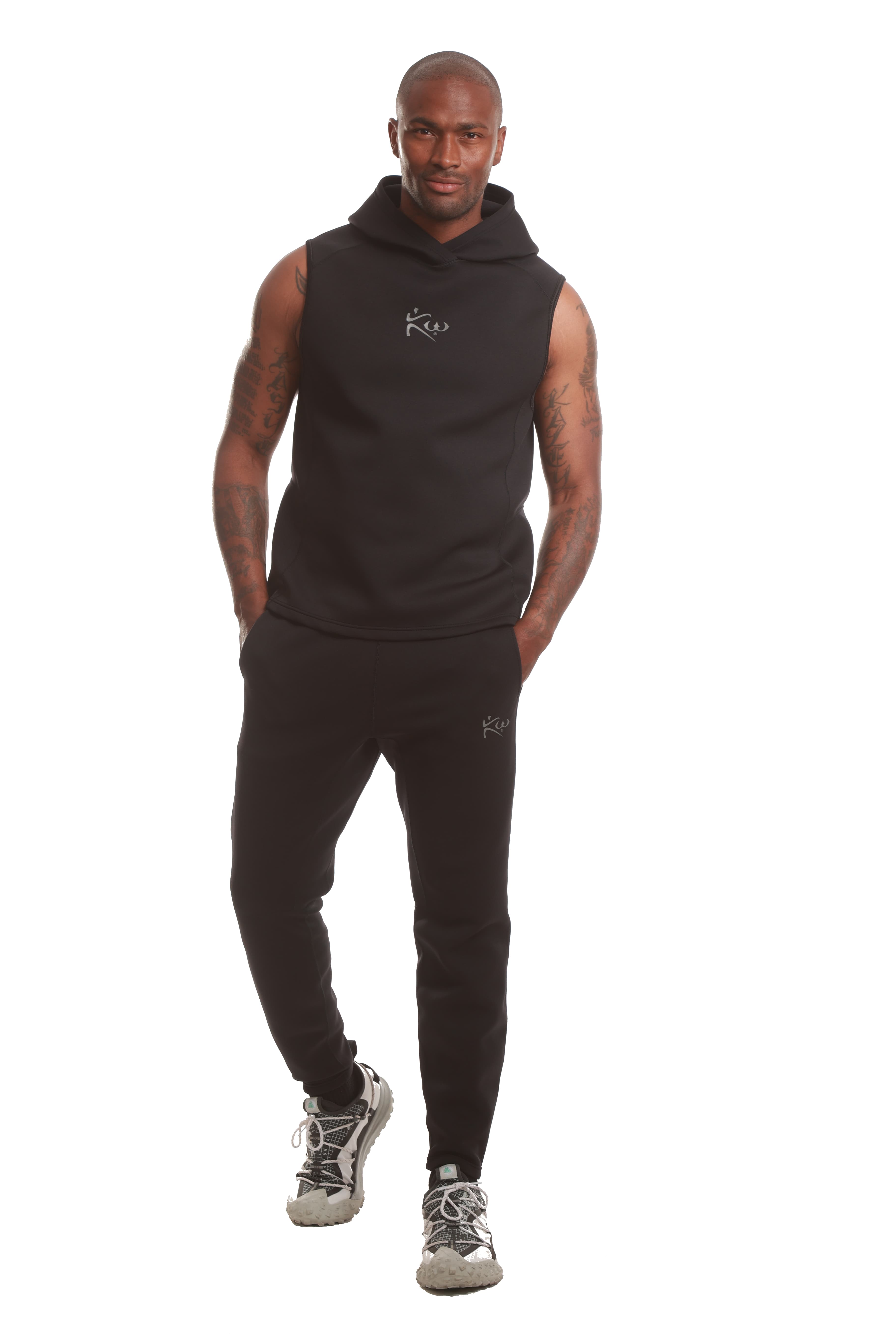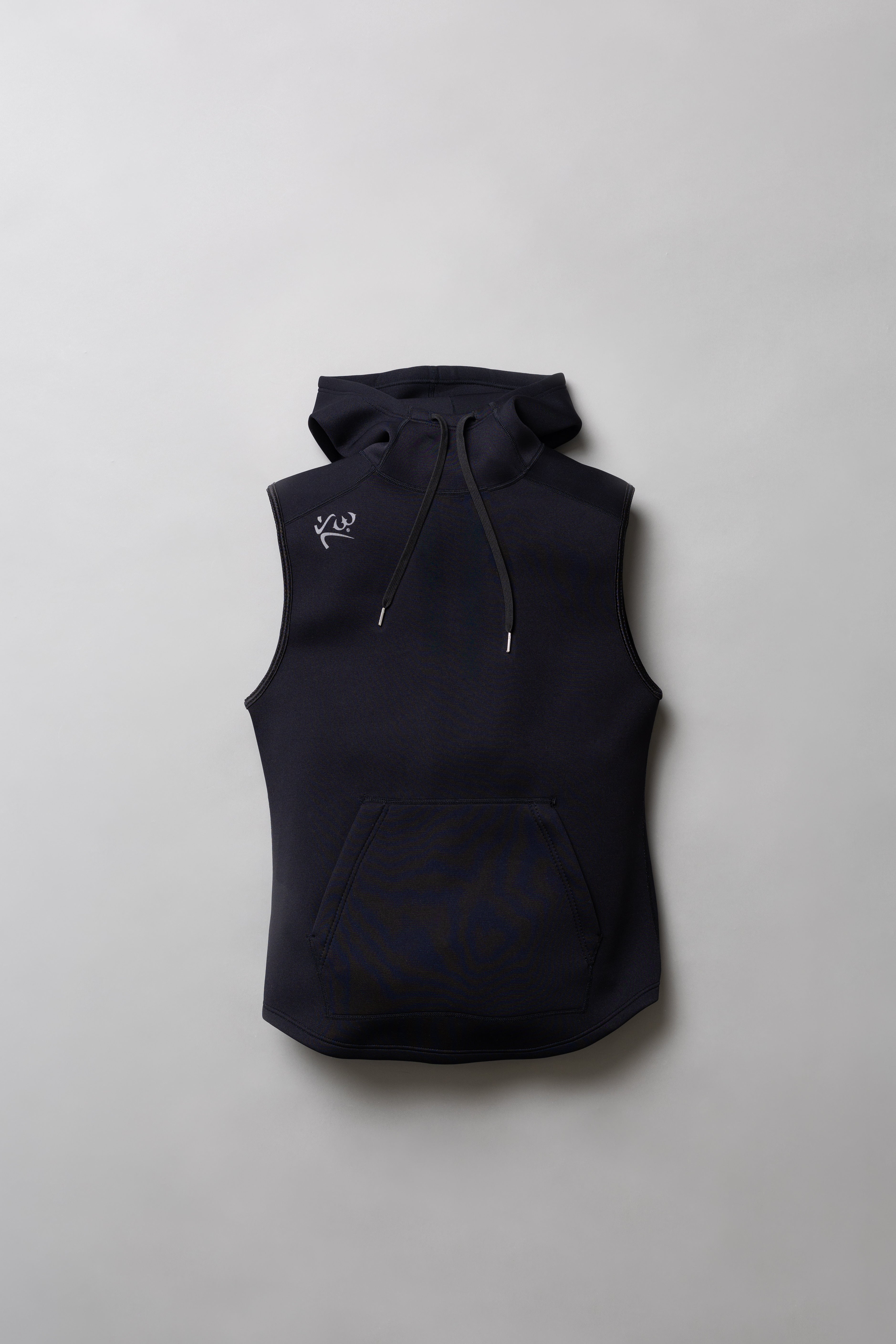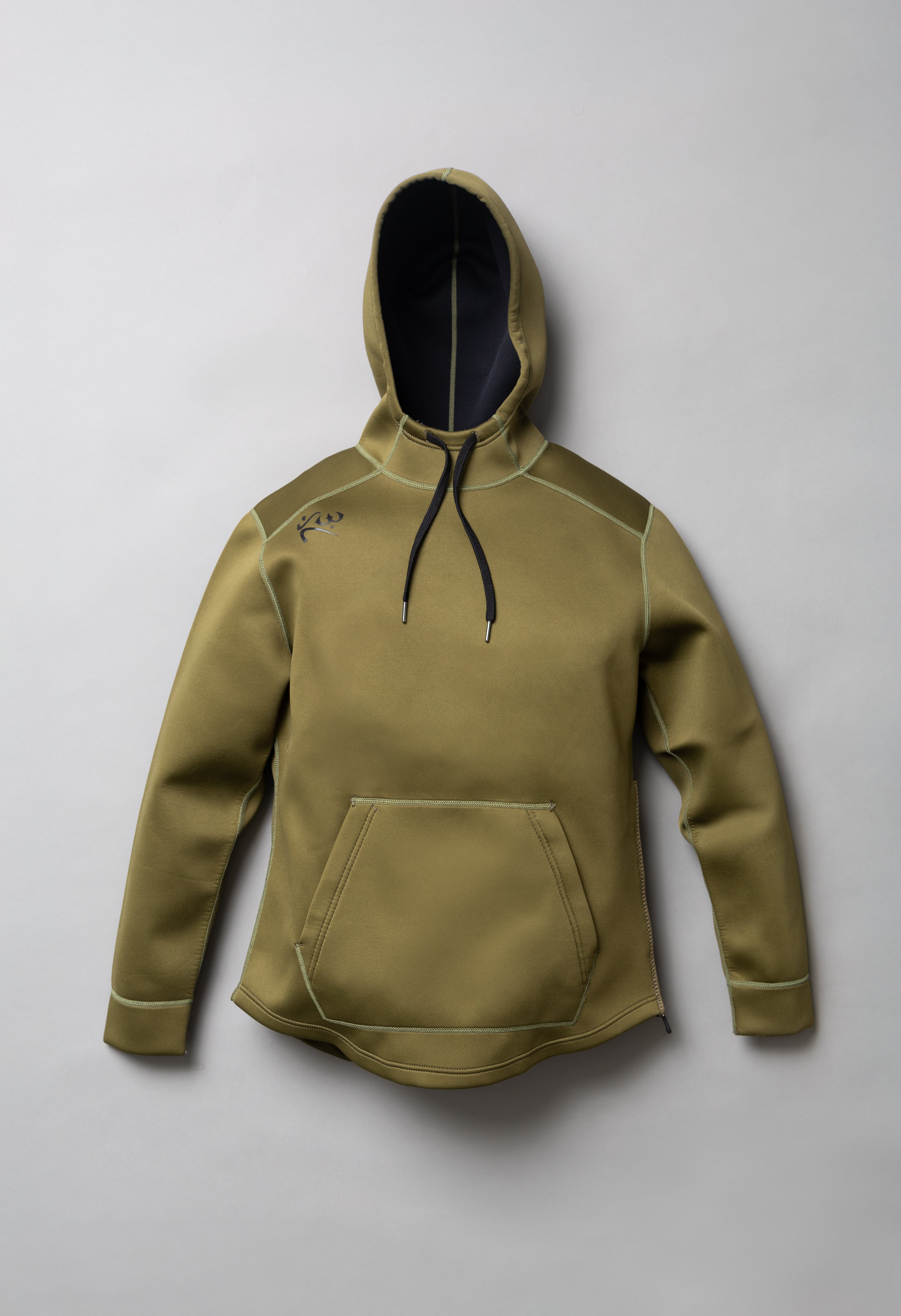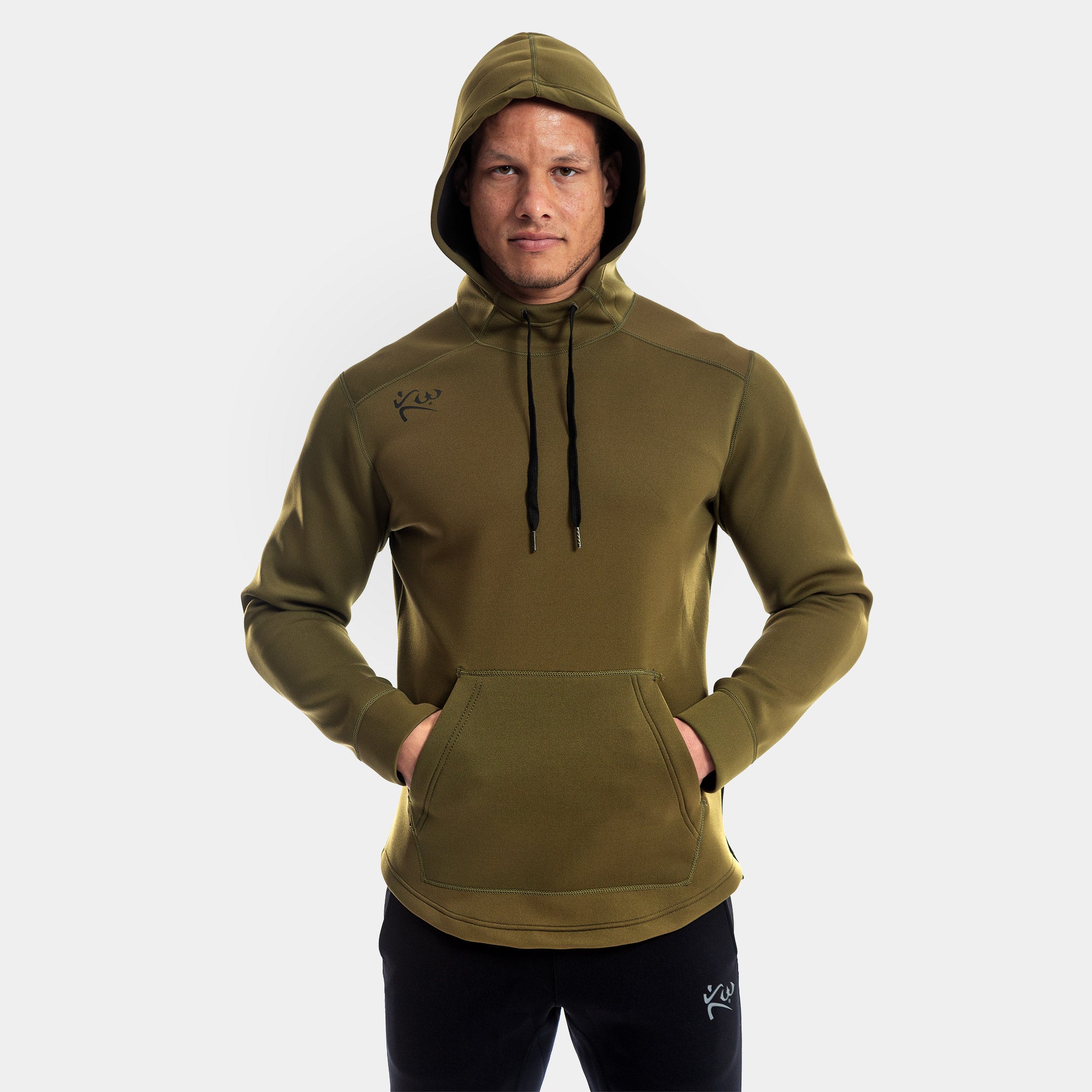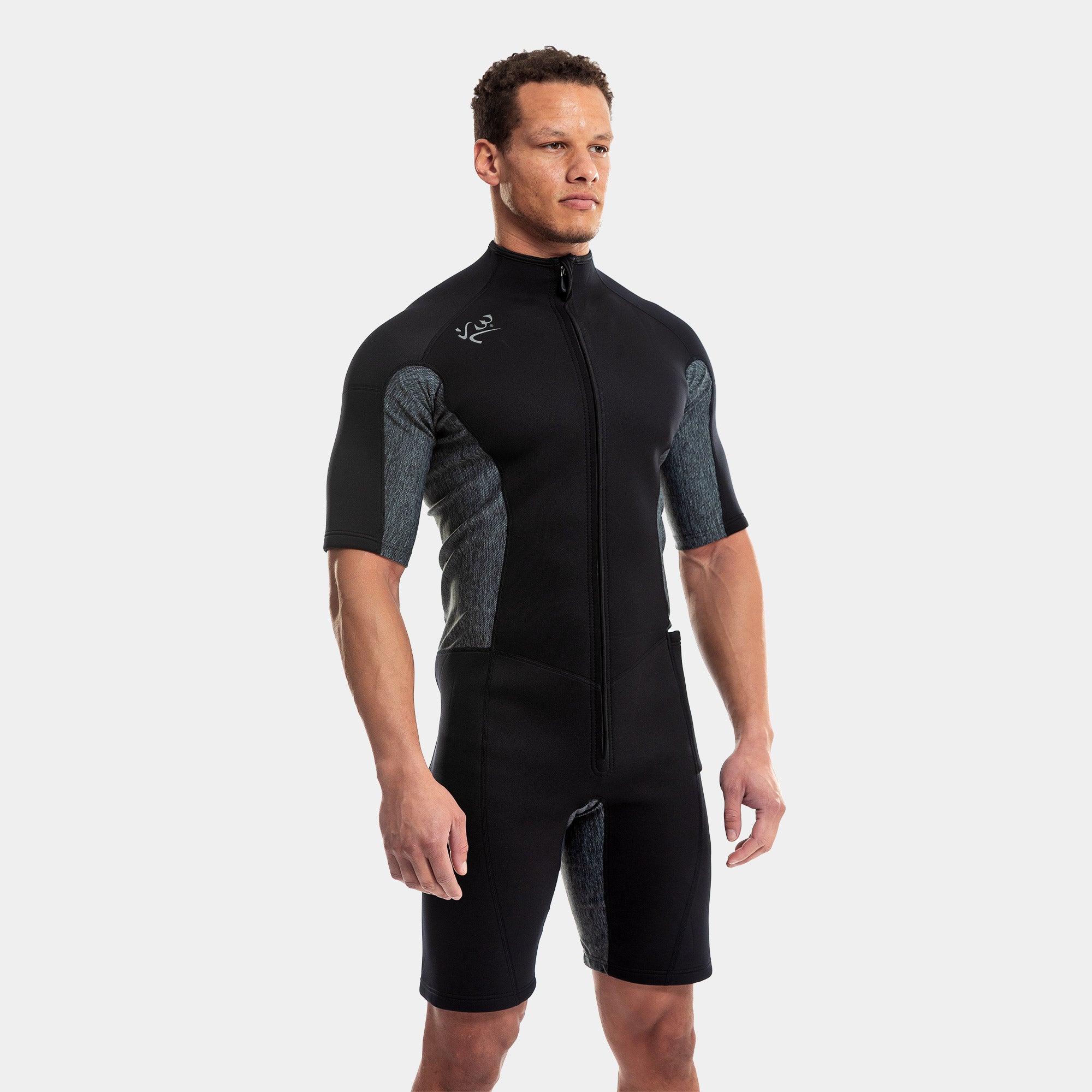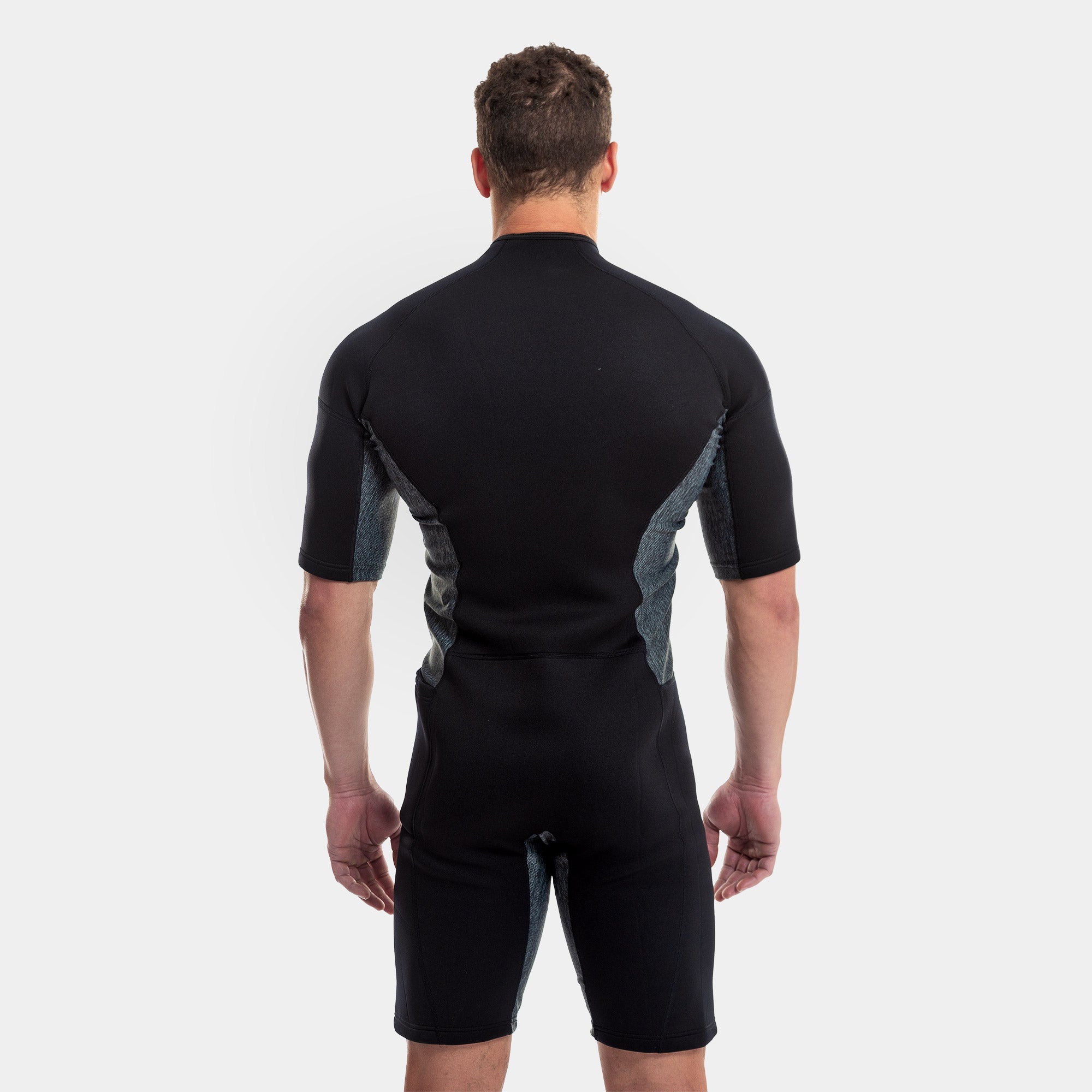4 Easy Things You Can Do to Boost Brain Health in Old Age

We all have to get old. There’s just no way around it. What we don’t have to do is become victims to the woes of old age. Watching movies and television, you might imagine that old age requires you to become a shadow of your former self. This couldn’t be further from the truth, especially when it comes to your mind. You don’t have to lose your brain power when you get older. Let’s review 4 easy things that you can do to boost your brain health in old age.

- Get Active
Exercise: It’s just as important in your old age as it is when you’re young. Arguably, it may be more important. Studies suggest that exercise and overall physical activity may play an important role in the preservation of brain health and the avoidance of cognitive decline. Although scientists still don’t understand the role that exercise plays in slowing the aging of the brain, the benefits are clear. Try getting up and being active for 30 minutes every day. In time, you can gradually increase your activity level.
- Try Intermittent Fasting
The process of eating, ingesting, assimilating, and digesting takes quite a toll on our bodies. We may not realize it when we’re young but as we age, eating becomes a chore. Studies suggest that decreasing calories and fasting may be an excellent way to improve overall health, especially in the brain. Combine intermittent fasting with physical exercise and you may be able to improve brain functionality while protecting against neurodegenerative disorders.
- Get Back in the Classroom
Learning is the fundamental way to kick start your brain power. When you begin to learn a new activity, you are demanding that your brain pick up the pace to adapt and memorize. This begins to form new neural connections, tapping into regions of the brain that you may not have asked much from in a long time. Learning a second language, for example, has been shown to help slow down brain ageing. Here are some more things that you can do to keep your brain young:
- Quilting
- Language
- Trade
- Art
- Writing
- Music
- Wear a Sauna Suit

The easiest way to boost your brain power and keep your brain young? Wear a Kutting Weight sauna suit.
You can wear the sauna suit around the house or during physical activity. The Kutting Weight neoprene sauna suit captures the same environment as a real sauna at a fraction of the price. A high heat environment has been shown in several studies to be extremely beneficial for brain health.
Studies suggest that the following benefits are possible when you expose yourself to a high heat environment, the same one that you’d find in a sauna suit:
- Supports the growth of new brain cells
- Boosts focus
- Improves learning
- Increases memory
- Alleviates depression and anxiety
Tell Us What You Think!
Have you tried any of these methods?
What benefits did you notice?
Let us know in the comments below!
Louis Bherer, Kirk I. Erickson, and Teresa Liu-Ambrose. A Review of the Effects of Physical Activity and Exercise on Cognitive and Brain Functions in Older Adults. J Aging Res. 2013; 2013: 657508.
Henriette van Praag, Monika Fleshner, Michael W. Schwartz, Mark P. Mattson. Exercise, Energy Intake, Glucose Homeostasis, and the Brain. Journal of Neuroscience 12 November 2014, 34 (46) 15139-15149; DOI: 10.1523/JNEUROSCI.2814-14.2014.
Laatikainen, T., Salminen, K., Kohvakka, A. & Pettersson, J. Response of plasma endorphins, prolactin and catecholamines in women to intense heat in a sauna. European journal of applied physiology and occupational physiology 57, 98-102 (1988).
Salbaum, J. M. et al. Chlorotoxin-mediated disinhibition of noradrenergic locus coeruleus neurons using a conditional transgenic approach. Brain research 1016, 20-32, doi:10.1016/j.brainres.2004.03.078 (2004).
Gregg, C. et al. White matter plasticity and enhanced remyelination in the maternal CNS. The Journal of neuroscience : the official journal of the Society for Neuroscience 27, 1812-1823, doi:10.1523/JNEUROSCI.4441-06.2007 (2007).
Christman, J. V. & Gisolfi, C. V. Heat acclimation: role of norepinephrine in the anterior hypothalamus. J Appl Physiol (1985) 58, 1923-1928 (1985).
Wigal, S. B. et al. Catecholamine response to exercise in children with attention deficit hyperactivity disorder. Pediatric research 53, 756-761, doi:10.1203/01.PDR.0000061750.71168.23 (2003).
0 comments






